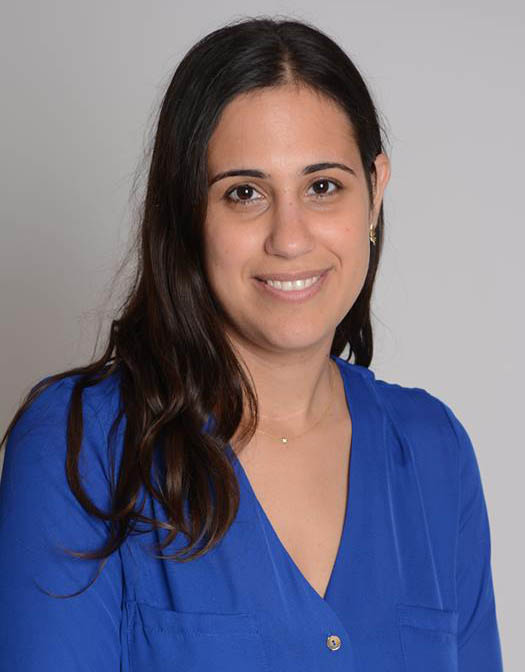After a pregnant friend's CMV diagnosis, a pediatrician takes action

National CMV recently had the chance to speak with Dr. Keren Shahar-Nissan, a pediatrician at Schneider Medical Center of Israel, who has launched a
Valacyclovir study in the wake of a friend being diagnosed with CMV infection during her pregnancy.
With limited funding and increasing enrollment, Dr. Shahar-Nissan, is hoping for an increased appreciation and enthusiasm towards the prevention of congenital CMV infection.
National CMV: Thank you for speaking with us about your study. So what is the plan and what does this study hope to accomplish?
Shahar-Nissan: For the past 6 months, along with the Gynecology department of Beilinson Hospital, I have been conducting a randomized controlled study treating women with a primary CMV infection during the first trimester of pregnancy with a medication called Valacyclovir in attempt to prevent fetal infection.
National CMV: I know you mention that you have a friend who was impacted by CMV during her pregnancy?
Shahar-Nissan: Yes. The study has been in planning for at least a year prior, and it all started because a friend and colleague of mine was diagnosed with a primary CMV infection during pregnancy. I couldn't stand the hopeless feeling of waiting for the amniocentesis. It seemed impossible to me that there are no treatment options, and the patient is left to wait for the amniocentesis to find out whether the fetus was infected or not – without any intervention or prevention. So we hope to investigate if Valacyclovir treatment given as soon as possible after seroconversion - prevents fetal infection and disease.
National CMV: That’s wonderful that you’ve seen the need and taken action on this front. How is enrollment going?
Shahar-Nissan: The study is registered at the NIH and clinicaltrials.gov and is taking place in Israel. We already have about 20 patients treated and we are very optimistic. The medication has been proven effective in treating and preventing CMV in transplant patients and to decrease viral load in pregnancy as well. I hope and pray that it will give us a solution, a treatment option – to prevent congenital CMV.
National CMV: Are you experiencing any challenges? How can supporters and advocates assist your efforts?
Shahar-Nissan: In order to prove that Valacyclovir is efficient (which is suggested by many previous studies) we need a much bigger study group. To prove statistical power, since congenital CMV is not common, we need to continue to recruit many more patients. Unfortunately, the study drug in its dosage is very expensive, and we are being held up by financial issues. We would appreciate any assistance, grant or funding so that we can have enough patients to prove that the medication is efficient and won't need to wait for further, larger studies which may take years. If the treatment will be proven effective (as I believe with all my heart), it could be the end of congenital CMV infections.
For any questions or comments, please contact Dr. Shahar-Nissan at
Kerens411@gmail.com.
Posted: 9/15/2016
Category: Clinical